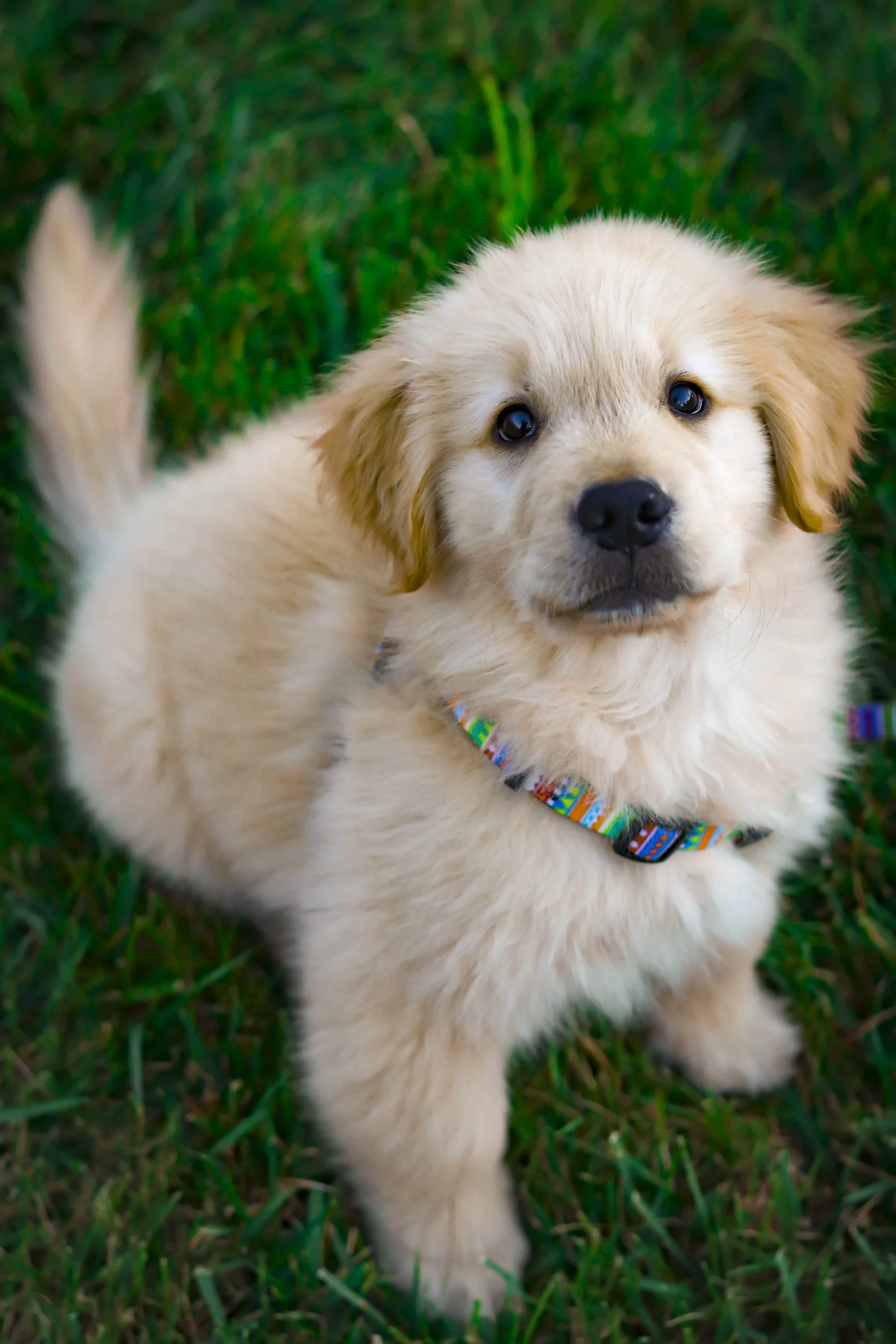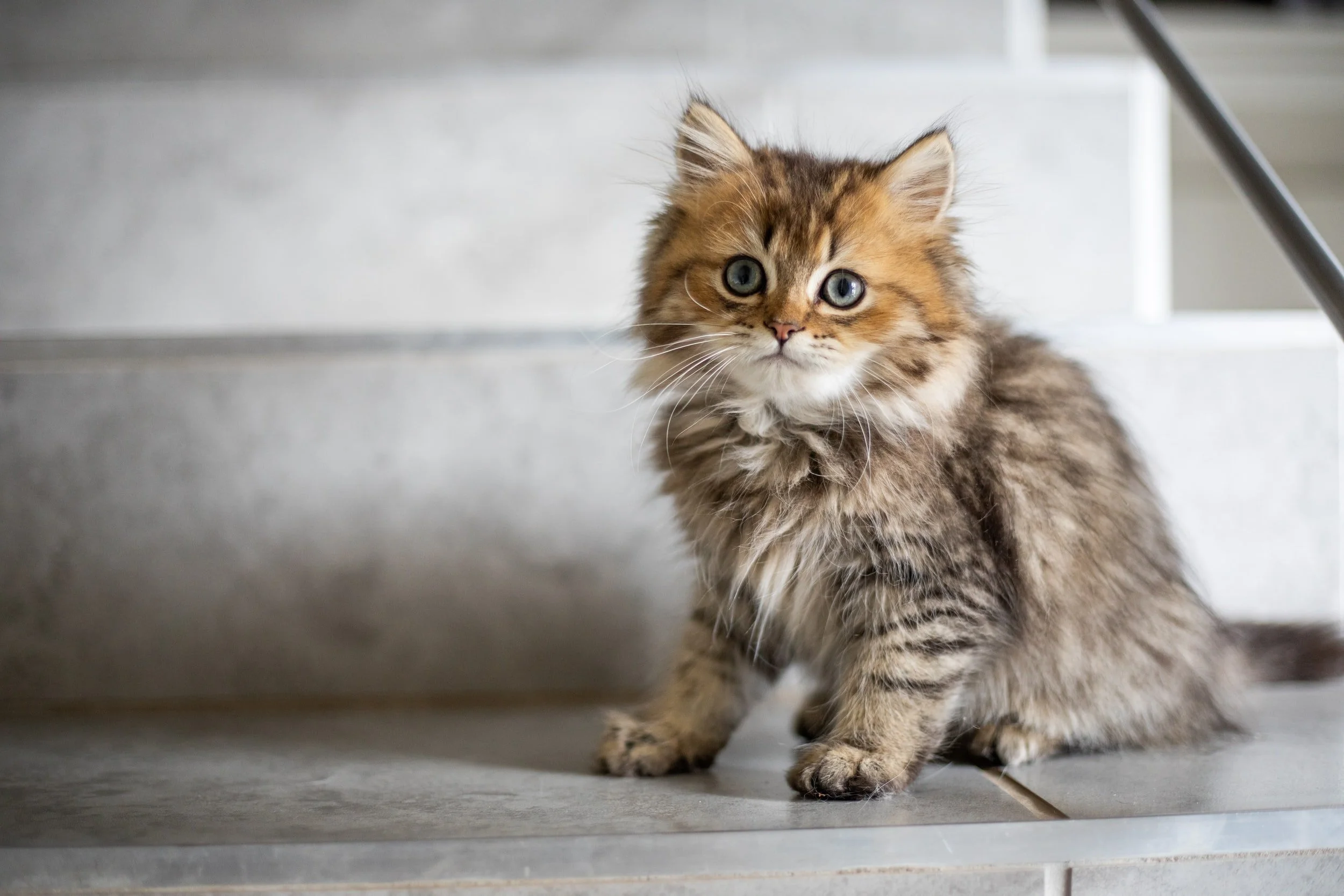7 Tips for toilet training your puppy or kitten
Toilet training your new puppy or kitten is one of the first training exercises that new pet owners embark on. With a few tips and techniques as well as patience, consistency and positive reinforcement your puppy or kitten will master these important new skills in no time.
Puppy toilet training checklist
Odour and stain neutraliser – good to have on hand for accidents, especially during the early stages of toilet training.
Puppy pads – these are especially useful for indoor pets or for those living in an apartment. Puppy pads provide a designated place for your puppy to go to the toilet and can help when getting started with toilet training.
Cleaning supplies – even the best trained puppies will have accidents at times. You will need cleaning supplies on hand to scoop and mop up messes straight away.
Pooper scooper – once your puppy starts doing their business outside, a pooper scooper can be handy to clean up your backyard and prevent any nasty surprises with visitors come over.
How to toilet train your puppy
Until your puppy has had their vaccinations you will need to find a place outdoors that’s inaccessible to other animals to practice their toilet training. Give your puppy plenty of opportunities to go outside and reward them when they go where you want them to go. Rewards can include praise, treats, a toy or a pat. Refrain from punishing your puppy when they have an accident indoors. Common times to take your puppy out to toilet train include:
When you wake up
Just before bedtime
After your puppy eats or drinks water
When you puppy wakes from a nap
During or after physical activity
Kitten toilet training checklist
Litter tray, liners & scoop – you will need to provide your kitten with a litter tray to go to the toilet. Having two litter trays in the house per cat is ideal offering them choice when doing their business. Accessories such as tray liners and scoops make it easy to keep the litter tray clean.
Cat litter – there are a variety of cat litters to choose from so pick one that suits both you and your kitten.
Cleaning supplies – good to have on hand for accidents, especially during the early stages of toilet training.
How to toilet train your kitten
Learning how to use a litter tray is an important part of training your new kitten. The litter tray should be placed in a quiet, private location for your kitten to use when they need to go to the toilet. You will need at least two litter trays in your house per cat. Show your kitten their litter tray by placing them in it and letting them sniff around and examine it. Place your kitten in the litter tray when they are most likely to use it such as:
When you wake up
Just before bedtime
After your kitten eats or drinks water
When you kitten wakes from a nap
It is also important to keep the litter tray clean, as many cats will not use a dirty litter tray. Remove any faeces daily and change the litter regularly. Always wash your hands after cleaning the litter tray. Remember to use positive reinforcement by rewarding your kitten when they use the litter tray. Rewards can include praise, treats, a toy or a pat. Positive reinforcement also means refraining from punishing when they have accidents.
7 Tips for toilet training your puppy or kitten
Offer them plenty of opportunities
You need to offer your puppy or kitten regular opportunities to go to the toilet. Take your puppy or kitten to their designated toilet area when they are most likely to use it. This includes when you wake up, just before bedtime, after your puppy/kitten eats or drinks, when they wake from a nap and during or after physical activity.
Watch for signals
Look for common signs that they need to go to the toilet. For puppies this can include sniffing around, circling, fidgeting. For kittens this can include sniffing around, crouching, meowing, hiding behind furniture. When you notice these signs take them to their toileting area.
Supervise them
Actively watch your puppy or kitten at all times. This can be challenging however it gives you the opportunity to spot any signals that they need to go, catch them in the act if they do have an accident and clean up any messes promptly. You can also start to understand common times they like to go so you can be prepared.
Reward them for their efforts
When your puppy or kitten goes to the toilet where you want them to go, wait until they have finished, then reward them. Rewards can include praise/pats, a tasty treat, a toy or playtime. This will confirm to your puppy or kitten that they are doing a great job and encourage them to continue their good behaviour.
Clean up promptly after accidents
If you discover an accident, clean it up promptly without making a big deal out of it. If you happen to catch them in the act having an accident, tell them a firm “no”, then calmly take them to their toileting area to finish off what they have started. Clean the floor as soon as you return so there is no residual smell that your pet can associate with a toilet area.
Be patient
Toilet training takes time and accidents are bound to happen. Never punish or shout at them as this may slow down their progress and frighten them from going to the toilet in general. Stick to your routine, clean up after any messes promptly and they will soon be toilet trained.
Litter tray basics
For kittens it is important to keep their litter tray clean, as many cats will not use a dirty litter tray. Remove any faeces daily and change the litter regularly. Cats prefer to urinate in private so ensure their litter tray is in quiet, low traffic area of the home.
Toilet training takes time, but your new puppy or kitten will master these habits if you are prepared, patient and consistent. Guide them with positive reinforcement, love and support and they will learn this important new skill. If you have any questions or concerns about toilet training your pet call us on 03 8784 4444.




